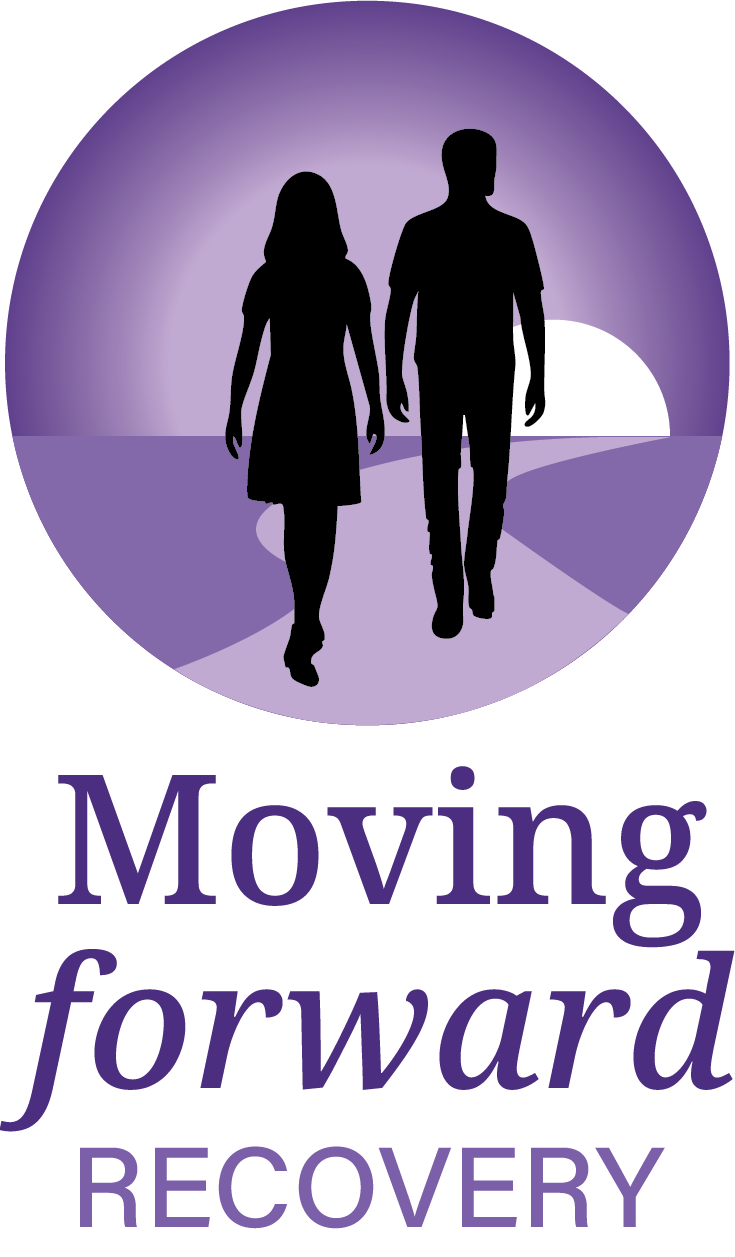Healthy relationships play a key role in recovery—learn how to rebuild trust and communicate with clarity.
One of the most powerful parts of recovery is rebuilding your relationships with others and with yourself. Substance use often creates distance, miscommunication, and mistrust. Learning to communicate more clearly and connect more honestly is essential not only for your healing but also for long-term stability. As a Licensed Chemical Dependency Counselor (LCDC) in Houston, Texas, I work closely with clients to help them strengthen their relationships through communication skills that support recovery and emotional growth.
Why Relationships Matter in Recovery
Recovery doesn’t happen in isolation. Family, friends, peers, and support networks all play a part. But if communication has been broken due to secrecy, guilt, or conflict, it can feel overwhelming to begin repairing those connections. Rebuilding trust takes time, patience, and the right tools. That’s why communication training is a key part of many counseling sessions in my Houston-based practice.
Common Challenges in Communication
- In chemical dependency counseling, I often hear clients say:
- “I don’t know how to express how I feel.”
- “No one trusts me anymore.”
- “I keep shutting down or getting angry.”
These are common barriers, but they can be overcome with practice and support.
Tools for Better Communication
As a counselor, I teach strategies that help clients express themselves clearly and listen with intention. Here are a few tools we often use together:
- I-Statements: These help express feelings without blame. Example: “I feel hurt when I’m not included.”
- Active Listening: Learning to pause, reflect, and respond without judgment.
- Boundaries: Knowing how and when to say no in a way that respects both yourself and others.
- Emotional Regulation: Managing feelings so that conversations remain calm and productive.
These are life skills, not just recovery tools, and they can deeply impact both personal and professional relationships.
Counseling Can Help Rebuild Trust
It’s not easy to repair damaged relationships, but it is possible. Whether it’s with a partner, parent, child, or friend, working with a chemical dependency counselor in Houston gives you the space to process emotions, learn communication tools, and rebuild connection in a safe, supportive environment.
Recovery is about more than abstaining from substances. It’s also about creating a meaningful, connected life. Strong communication helps make that life possible. With help and intention, you can create new patterns, open up honest conversations, and begin building relationships that support your recovery.




